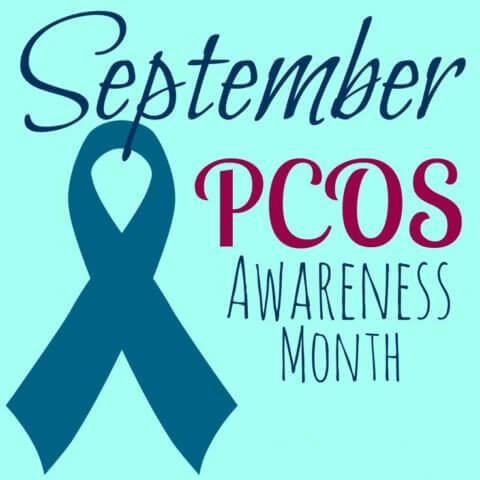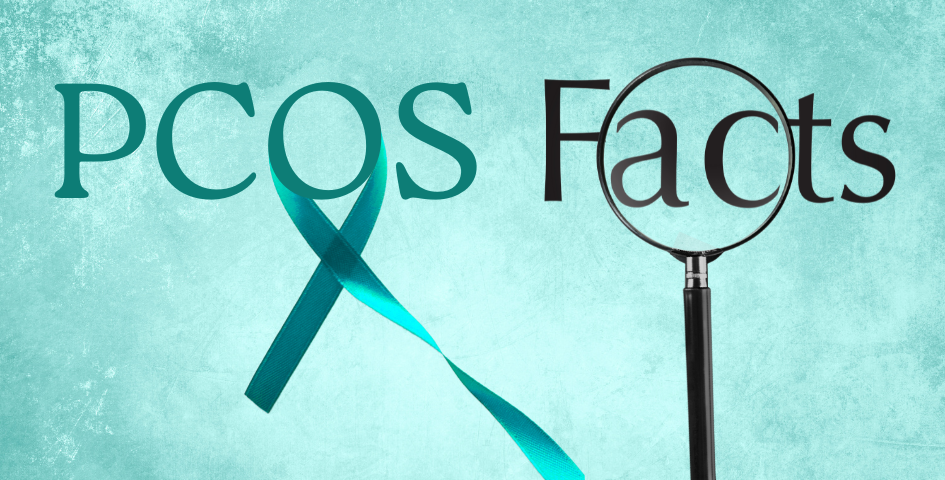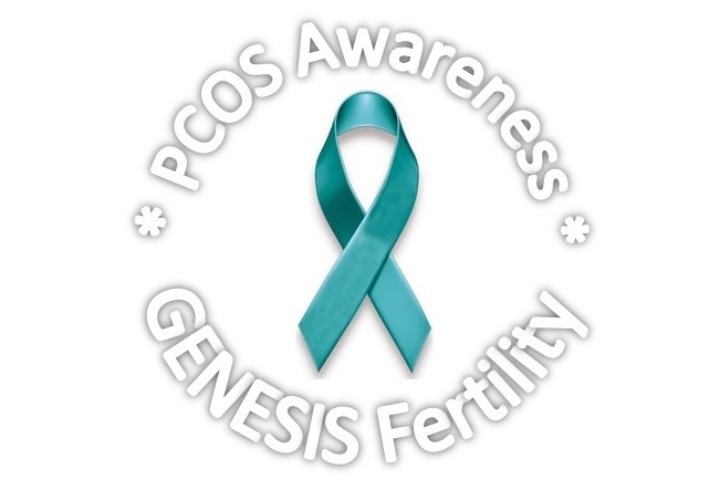PCOS, or polycystic ovarian syndrome, is a hormonal disorder common among women of reproductive age. Although it is very common, yet many women are not aware they have it. Here are five facts about PCOS you should know:
FACT #1: 1 in 10 women have a diagnosis of PCOS. The diagnosis is made if you have 2 out of 3 criteria (Rotterdam Criteria) including irregular menstrual cycles (>40 days between periods), ultrasound findings of PCOS and hyperandrogenism either clinically (unwanted hair growth, hair loss, acne) or on lab findings.
FACT #2: PCOS does not mean you have cysts. The name implies you have lots of cysts, but the ovaries actually have a hard time making follicles grow. Of course sometimes if you do ovulate, the body does not re-absorb the follicle and it may continue to grow resulting in a cyst.
FACT #3: Not everyone with PCOS is overweight. Everyone’s body responds differently to PCOS. Being overweight is no longer part of the diagnosis of PCOS. For those who are overweight, losing just 5% to 10% of your weight with lifestyle modifications by diet and exercise may help jump start ovulation and regulate menstrual cycles.
FACT #4: If you have PCOS and you are trying to get pregnant, you may need fertility treatment if you are not ovulating. Your doctor can determine if you are ovulating and which treatment option is best for you.
FACT #5: If you have PCOS and you are not trying to get pregnant, your doctor may recommend hormone therapy if you have irregular cycles. This helps to ensure your uterine lining stays thin and sheds regularly so no abnormalities form because of irregular cycles.
BONUS FACT: Health risks associated with PCOS include diabetes, heart disease, obesity, abnormalities of the uterine lining and infertility. There is also a higher risk of depression with PCOS.
 When to see a specialist:
When to see a specialist:
Many women seek the help of a reproductive endocrinologist when they’re having trouble conceiving. But if you have any concerns about your menstrual periods, or if you have signs of excess androgen, such as worsening hirsutism or acne, seeing a specialist can be helpful. There are treatments available for women with polycystic ovarian syndrome. Even though the treatments do not cure the disease, they help improve the symptoms; giving many women relief.
If you would like to learn more about GENESIS Fertility New York or are ready to schedule an appointment, please speak with one of our representatives at 929-605-5467.





